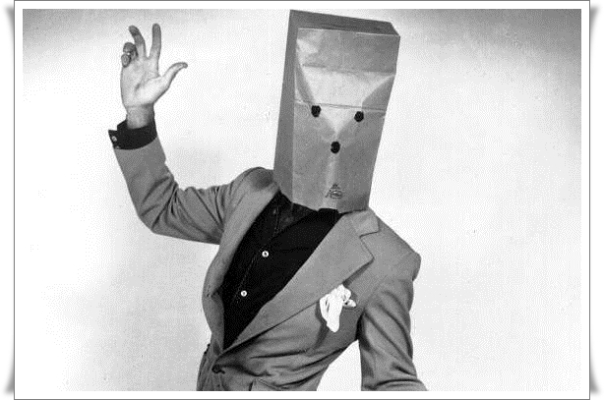Rather than bash, I want to exult. Between Attack of the Clones and Revenge of the Sith, a miniseries filled us in on what Anakin and Obi Wan had recently been up to. Who better to tell that tale than the creator of The Power Puff Girls?
I know, right? It sounds crazy, but add to that resume Samurai Jack and you’ve got a guy who understands the mixture of comedy, action, and style. Genndy Tartakovsky builds a mood with each episode, develops the characters more than the ticks on the clock seem to allow, and the juxtaposition of action and wit are every bit as exhilarating as any episode of Firefly.
But that’s not all. If you watch the entire miniseries, you’ll see a better portrayal of every major character portrayed in the prequel trilogy.
Samuel L. Jackson’s Jedi (Mace Windu) displays the same quiet power of the movies, but included a diverse repertoire of fighting styles and demonstrates the champion of the defenseless that sets Jedi apart.
Christopher Lee deserved a greater role on screen. The animated Count Duku serves as talent scout for the Sith and coach for General Grievous. While not Christopher-Lee-awesome, this version added depth and purpose to a throw away villain.
I mentioned him already, but damn… General Grievous is freakin’ scary. The animated Grievous demolishes handful of Jedi and sends a pair running to stay alive and preserve Chancellor Palpatine. His fighting style explodes with raw energy and a mixture of swordsmanship and brutal melee.
Yoda, how awesome is he, hmm? Answer, more awesome as a cartoon than a flippity-flying CGI green blur. Yoda’s moments in this series better separates his size from the impact he has.
Anakin and Obi Wan speak in Revenge of the Sith about all the great times they had between movies. That’s great for back-story that’s kind of important, but when you’re talking about building the kind of bond that forms between brothers in arms, don’t relegate that to a few dry lines of dialogue. The tension between the self-sure, Anakin, and the patient mentor, Obi Wan, sets the bar high for how far their friendship will fall in Revenge of the Sith.
Do I want to bash all the things that bothered me in Episodes 1-3? Of course, but that’s been done and overdone. What I want to do more, is praise the guy I felt got it right and push to give creative credit where it’s due in the hopes of seeing more like it.

